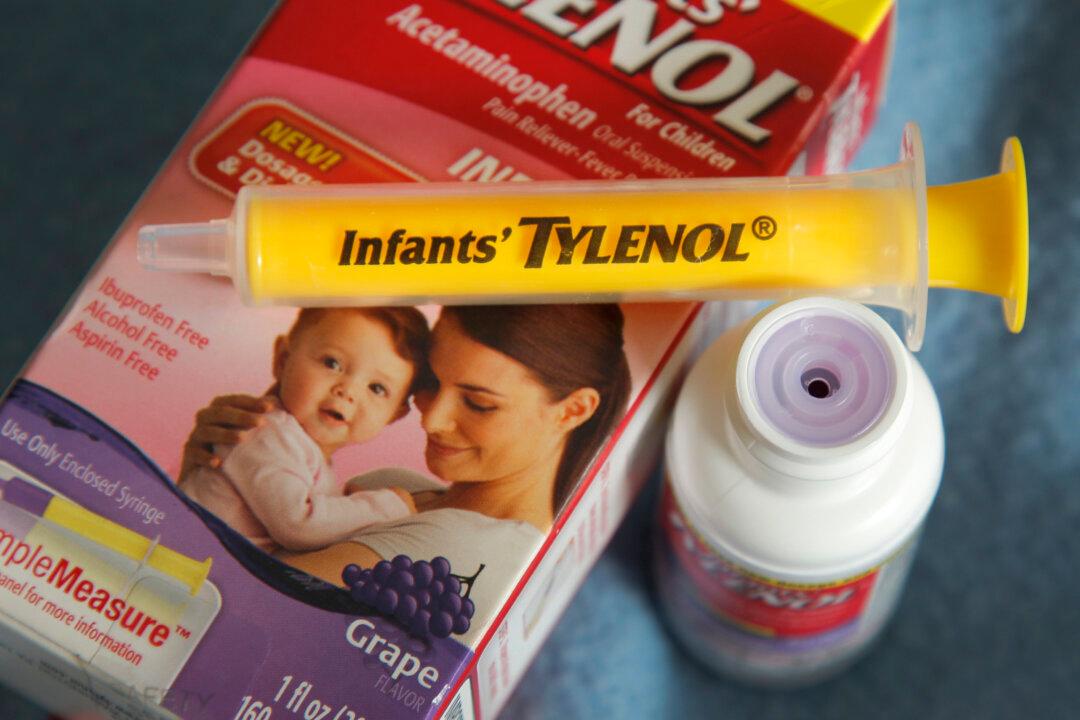Health Canada announced Monday it is taking steps to import children’s fever and pain medication, specifically ibuprofen (Advil) and acetaminophen (Tylenol), from a foreign country to alleviate a shortage that has been affecting Canada for months.
A Health Canada spokesperson could not provide The Epoch Times with which country the drugs are coming from, an exact time frame, or the size of shipment expected, but the government promised it would be “in the coming weeks” and “will increase supply available to consumers to address the immediate situation.”





